Plants can help you make a cozy and inviting home. Although they’re one of the best ways to include a pop of color into your home, they can be a pain to maintain if you don’t have the right skills or environment for their type.
If you struggle with plant care or are new to experimenting with plants for home decoration, this article will help you choose the best way to deal with your home garden. Read below to know more.
5 Hardy plants anyone can look after
Hardy plants are perfect for those who struggle to maintain home greeneries. These plants thrive in less-than-ideal conditions and demand minimal attention. Moreover, they provide all the benefits of having plants in your home without the stress of constant care.
- Snake Plant (Sansevieria trifasciata)
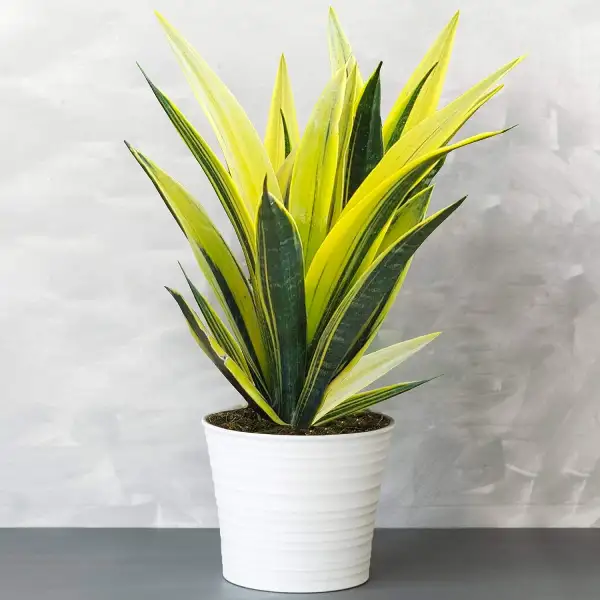
This plant has tall, stiff, upright leaves that can come in yellow or white variegation. Not only is it incredibly resilient, capable of surviving in various lighting conditions, but it also requires infrequent watering. Even if left unwatered for several weeks, the snake plant will thrive. As such, the snake plant is perfect for those with a black thumb.
This air-purifying plant can also remove toxins, including benzene, formaldehyde, and trichloroethylene—helping you breathe fresh and clean air.
- ZZ Plant (Zamioculcas zamiifolia)
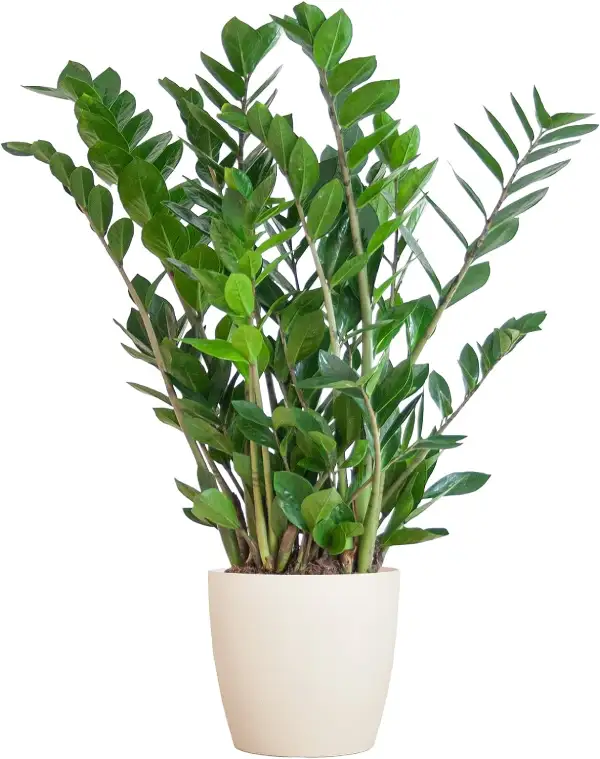
Also called “Zanzibar,” this perennial sports graceful, arching leaves with a shiny dark green color. Their thick waxy leaves can retain moisture, allowing them to survive even in a dry environment. Like the snake plant, it can typically thrive in low light and infrequent watering.
Beyond improving air quality, house plants like Zanzibar can improve mood and reduce stress, anxiety, and depression—making your space feel more homey.
- Cast Iron Plant (Aspidistra elatior)
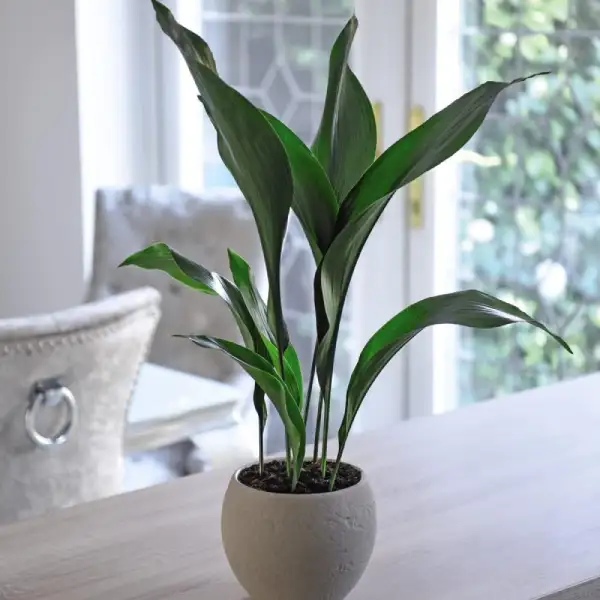
Like the ZZ plant, the cast iron plant consists of dark green leaves with a shiny gloss. Not only does it thrive in low-light environments and require infrequent watering, but it’s also highly resistant to pests, sparing you the need for pesticides. Additionally, it can withstand a broad range of temperatures, making it perfect for homes without precise temperature control.
Moreover, this perennial can remove harmful substances, significantly improving indoor air quality. The cast iron plant is a safe choice if you have furry friends at home.
- Plantain Lilies (Hosta plantaginea)
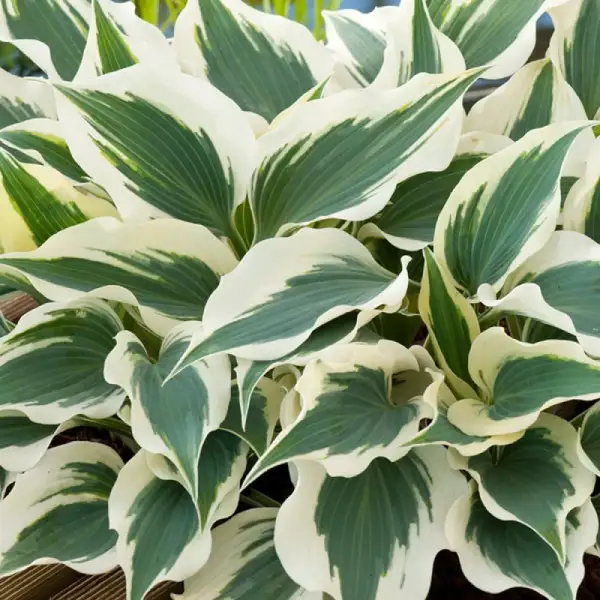
While the first few plants contain green-shaded leaves, plantain lilies come in various colors—including green, blue, and gold—with large lush leaves that make it a perfect addition to your home garden. They can also survive in different soil types and partial to full shade conditions. You can put them in your indoor garden or a shaded area on a cozy balcony.
Apart from decorating and air quality purposes, plantain lilies also have anti-inflammatory, analgesic, antibacterial, antifungal, anticancer, and antioxidant properties. Simply put, this plant can beautify your home and improve your health.
- Aloe Vera (Aloe barbadensis)
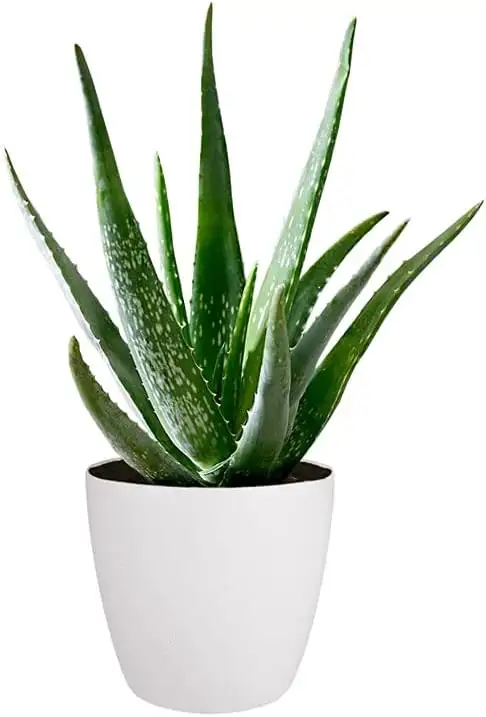
This succulent has thick fleshy leaves that keep them alive without frequent watering. It’s also pest-resistant, so there’s no need to worry about spider mites or mealybugs harming it.
More than that, it’s widely known that aloe vera is an excellent natural remedy for minor burns, cuts, and other skin irritations due to its anti-inflammatory and antibacterial properties.
5 Essential Tips on Taking Care of Your Hardy Plants
While hardy plants require little maintenance, knowing a few reminders about caring for these resilient greeneries can help you make them last longer.
- Water your plants appropriately
Give your hardy plants the right amount of water to help them live longer. However, avoid overwatering them, as doing so can rot their roots. Meanwhile, you should also avoid keeping them dry for too long as they may become dehydrated, leading to wilted leaves, stunted growth, or plant death.
As such, know when to water your plants. Check if the top inch of soil feels dry to the touch before watering. If you’re unsure, use a water meter to check if the soil is moist enough and avoid any issues.
- Provide adequate sunlight
Sunlight plays a vital role in photosynthesis and energy production for plants. However, the specific sunlight requirements vary based on the plant species you have at home. That said, consider placing your plants where they can receive the appropriate amount of light for their species.
For example, place your plantain lilies in shaded areas as they like low-light conditions. If you’re having difficulties, use a light meter to determine which areas in your space can house your greeneries and move your plants accordingly.
- Plant them in the correct soil
Using the appropriate soil can significantly impact your plants’ health. Hardy plants particularly thrive in well-draining soil as it helps prevent overwatering, which can cause severe plant health issues. Consider asking your local garden center or researching the best soil for your plants.
- Fertilize your plants
Fertilizers can give your plants the nutrients they need to grow and thrive. However, note that over-fertilizing can also harm your plants. That said, follow the instructions on your fertilizer’s packaging and give your plants the proper nutrients they need every few months.
- Keep an eye out for pests
Pest infestation is a common problem for many indoor gardens. While some hardy plants are pest-resistant, others can still become infected. As such, regularly check your plants for signs of pests so you can address them immediately and prevent any damage.
Before treating the infestation, research the best pesticides or practices to prevent this situation from escalating.
Create a Beautiful Home Garden Effortlessly
Whether indoors or outdoors, a garden is an excellent way to add color and personality to your home. Plants also provide several health benefits, from improved air quality to excellent natural remedies for many physical ailments.
However, caring for them is challenging if you don’t know what to do or have an environment suitable for the plants you introduce to your home. As such, consider taking in the hardy, resilient plants above to make your home cozy without too much effort.
